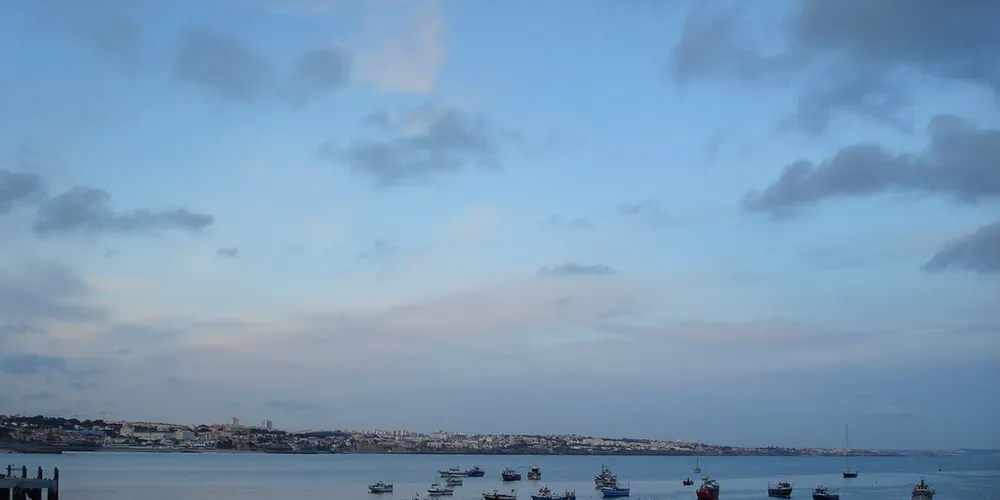World Ocean Summit 2015: Recap two days of innovation, inspiration and collaboration
IntraFish is blogging from this year's World Ocean Summit in Cascais, Portugal. Get all the latest news from the coveted The Economist event here.

IntraFish is blogging from this year's World Ocean Summit in Cascais, Portugal. Get all the latest news from the coveted The Economist event here.
